Walker studies Poecilia mexicana, a species of live-bearing fish that have adapted to surviving in hydrogen sulfide-abundant waters, in the Tobler Lab.
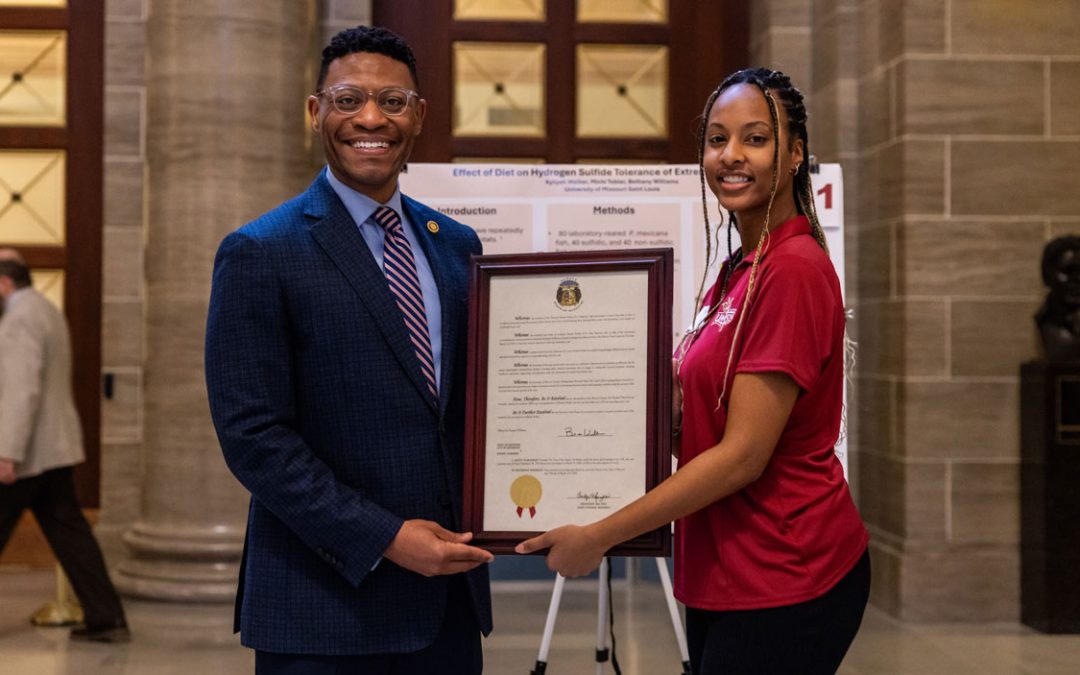

Walker studies Poecilia mexicana, a species of live-bearing fish that have adapted to surviving in hydrogen sulfide-abundant waters, in the Tobler Lab.
Walker studies Poecilia mexicana, a species of live-bearing fish that have adapted to surviving in hydrogen sulfide-abundant waters, in the Tobler Lab.
Walker studies Poecilia mexicana, a species of live-bearing fish that have adapted to surviving in hydrogen sulfide-abundant waters, in the Tobler Lab.
Black will spend the 2025-26 academic year at Howest University of Applied Sciences in Bruges, Belgium, where she will teach, conduct creative writing workshops and continue to work on her novel.
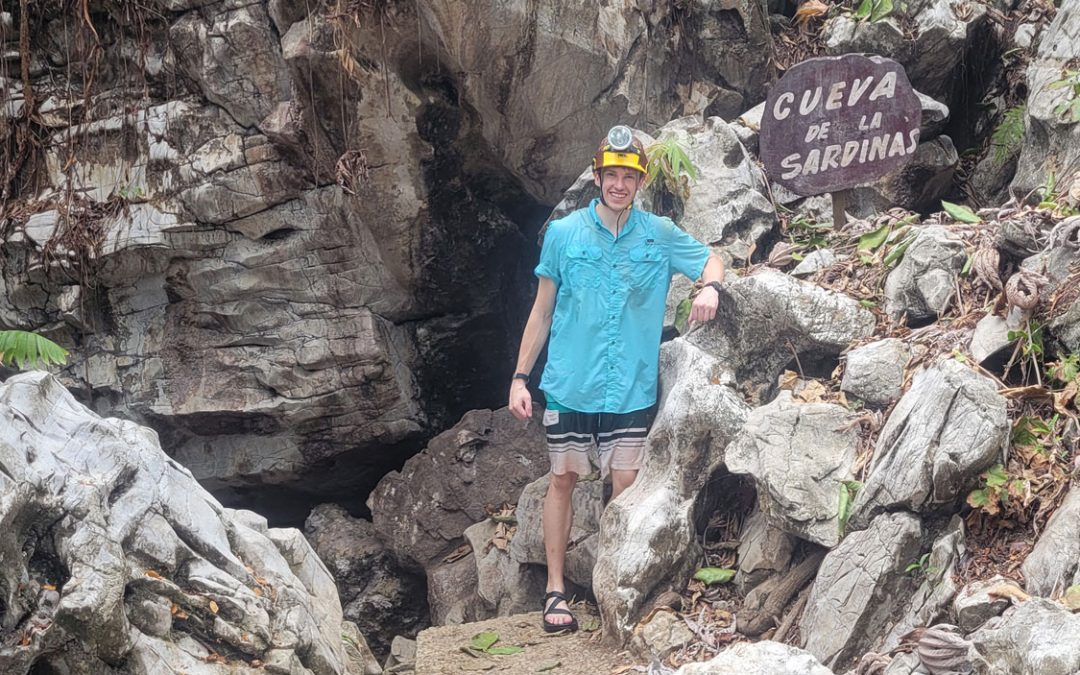
Johnson was a 2024 recipient of the R. C. Lewontin Early Award, a graduate research grant from the Society for the Study of Evolution.
Johnson was a 2024 recipient of the R. C. Lewontin Early Award, a graduate research grant from the Society for the Study of Evolution.
Johnson was a 2024 recipient of the R. C. Lewontin Early Award, a graduate research grant from the Society for the Study of Evolution.
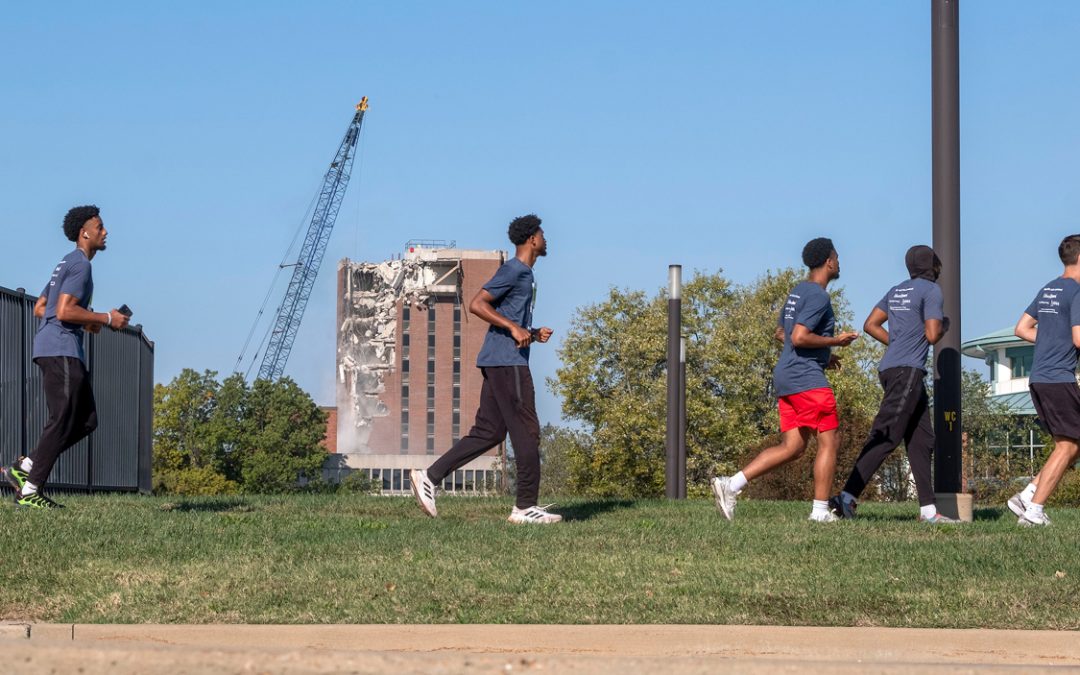
Look back at some of UMSL Daily’s top stories from the past year.
Look back at some of UMSL Daily’s top stories from the past year.
Look back at some of UMSL Daily’s top stories from the past year.
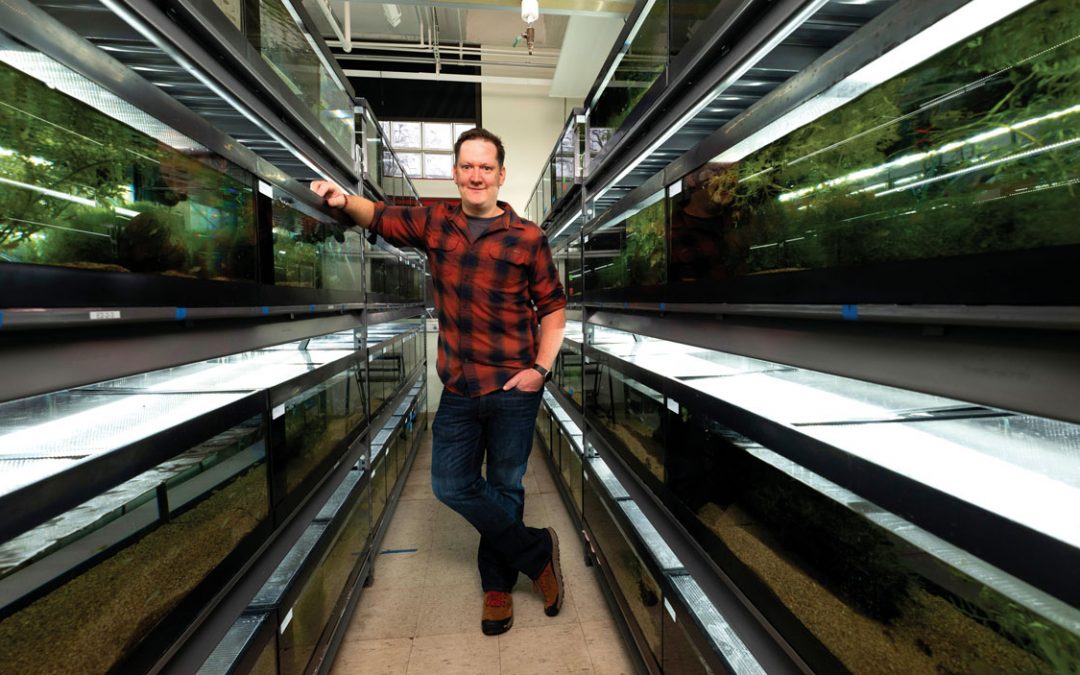
Tobler, the E. Desmond Lee Endowed Professor in Zoological Studies, has developed a research focus on livebearer fish that have adapted to live in the presence of hydrogen sulfide.
Tobler, the E. Desmond Lee Endowed Professor in Zoological Studies, has developed a research focus on livebearer fish that have adapted to live in the presence of hydrogen sulfide.
Tobler, the E. Desmond Lee Endowed Professor in Zoological Studies, has developed a research focus on livebearer fish that have adapted to live in the presence of hydrogen sulfide.
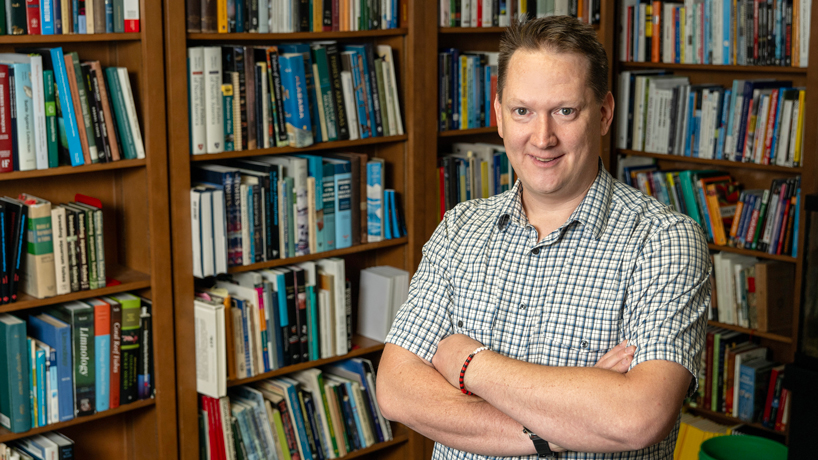
Tobler has a dual appointment as senior scientist at the Saint Louis Zoo and will be collaborating on research through the WildCare Institute.